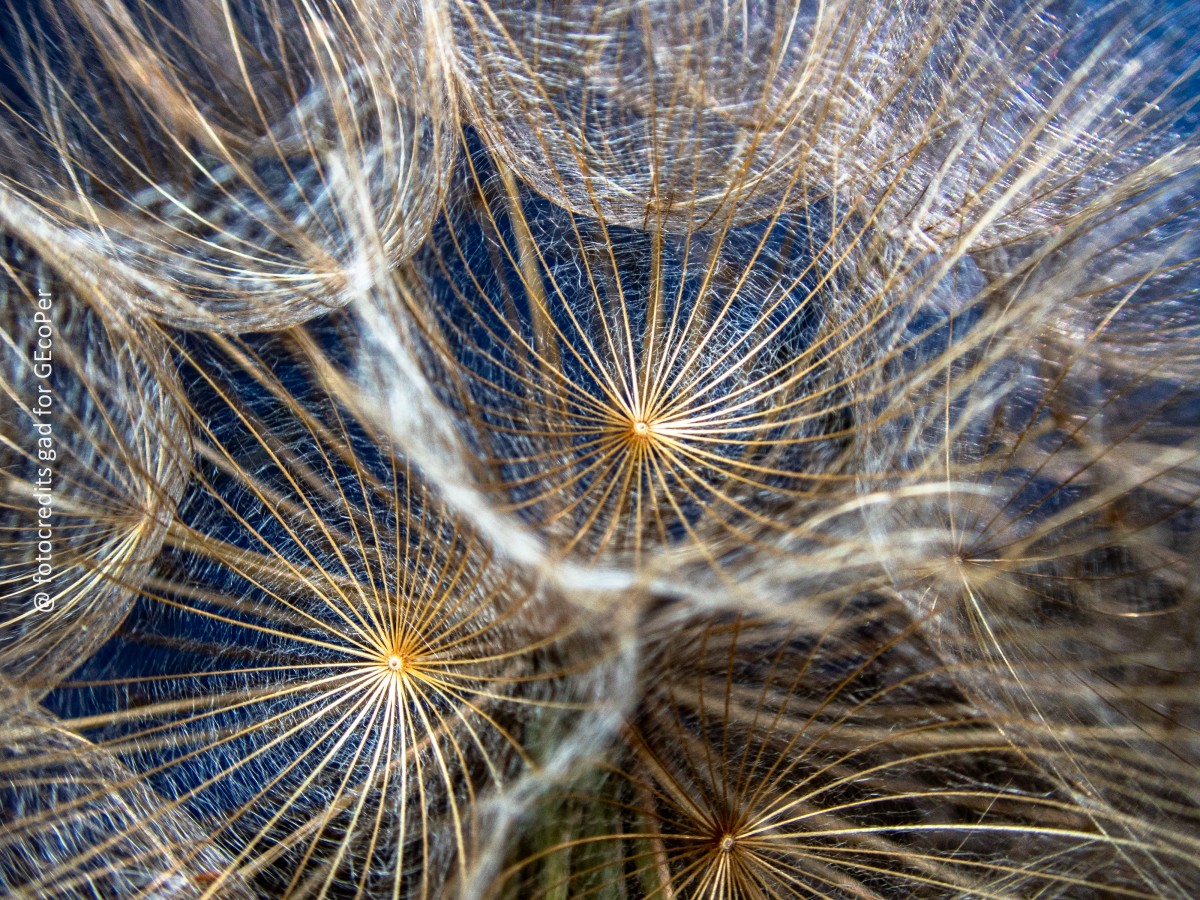Spring Awakening Days
Ecocritical perspectives in German-language literature

Frühlings Erwachen [Spring Awakening] is the title of a well-known play by Frank Wedekind, which, for many reasons, is a hymn pertaining to emancipation. However, the quotation is also intended as a response to the insights offered by a classic of environmental studies, Silent Spring, published in 1962 by the biologist Rachel Carson, who observed how, due to the excessive pesticides used in agriculture, birds were populating the fields increasingly less, and spring times were therefore quieter than in the past.
The “Spring Awakening” Days are study days for discussions with contemporary German-speaking writers concerning environmental issues, on ways in which literature can rethink the relationship between human beings and the natural world and, by virtue of its imaginative power, can stage and suggest “spring awakenings”.
Frühlings Erwachen ist der Titel eines bekannten Dramas von Frank Wedekind, das aus vielerlei Gründen eine Hymne auf die Emanzipation darstellt. Das Zitat ist aber auch als Antwort auf die Erkenntnisse des 1962 erschienenen Klassikers der Umweltforschung Silent Spring der Biologin Rachel Carson gedacht, die feststellte, dass aufgrund des übermäßigen Einsatzes von Pestiziden in der Landwirtschaft immer weniger Vögel die Felder bevölkerten und die Frühlinge deshalb lautloser waren als früher. Die “Spring Awakening” Days sind Studientage zum Dialog mit zeitgenössischen deutschsprachigen Schriftsteller:innen über Umweltfragen, über das Verhältnis zwischen Mensch und Natur und die Möglichkeiten der Literatur, dies neu zu überdenken. Siehe Spring-Awakening Days
Frühlings Erwachen [Risveglio di primavera] è il titolo di un noto dramma di Frank Wedekind, che per tanti motivi rappresenta un inno all’emancipazione. La citazione vuol essere però anche una risposta agli spunti offerti da un classico degli studi ambientalisti, Primavera silenziosa, pubblicato nel 1962 dalla biologa Rachel Carson, che verificò come a causa degli eccessivi fitofarmaci usati in agricoltura, gli uccelli popolavano sempre meno i campi e le primavere risultavano così più silenziose rispetto al passato.
Gli “Spring Awakening” Days sono le giornate dedicate all’interlocuzione con le scrittrici e gli scrittori di lingua tedesca contemporanei sui temi ambientali, sui modi in cui la letteratura può ripensare il rapporto dell’essere umano con il mondo naturale e, in virtù di un potere immaginativo, può inscenare e suggerire dei “risvegli di primavera”.
Events
“Spring Awakening” Days – 0 (Inaugural Event) – Tage zum Dialog mit zeitgenössischen deutschsprachigen Schriftsteller:innen
Raoul Schrott. Die Wüste „schreiben” und „übersetzen”: Zum Dialog zwischen Literatur, Natur und Wissenschaft. Mit Giulia A. Disanto
University of Salento, 28 sep. 2023
Link: https://www.ecogermanstudies.it/archives/700
“Spring Awakening” Days – 1 – Tage zum Dialog mit zeitgenössischen deutschsprachigen Schriftsteller:innen
Natur an Autorin, Autorin an Natur. Elke Heinemann im Gespräch. Mit Giulia A. Disanto
University of Salento, 10 nov. 2025 – 11:00
Link: https://www.ecogermanstudies.it/archives/687

